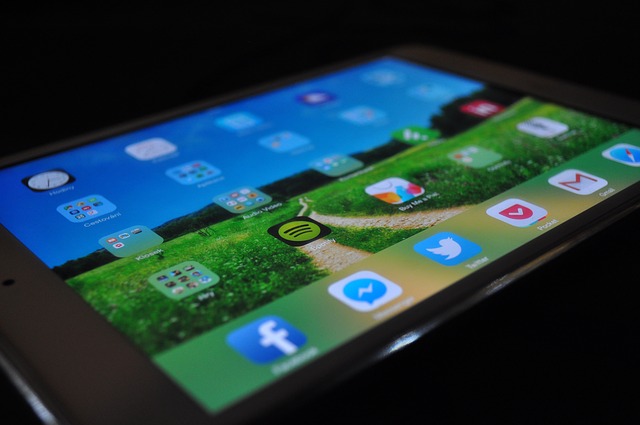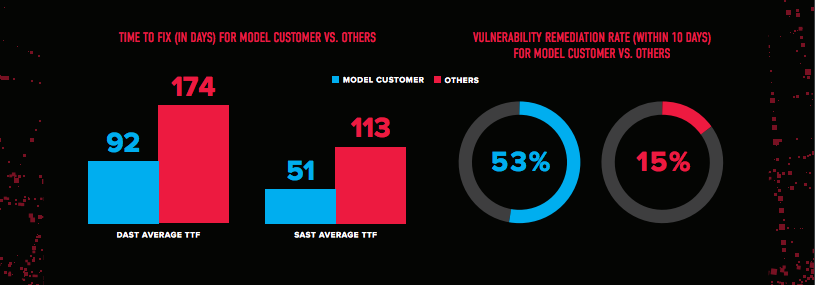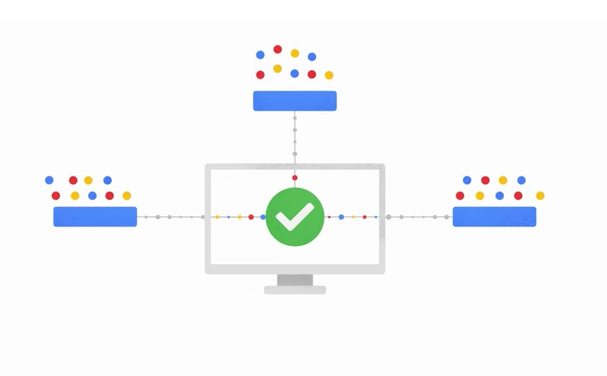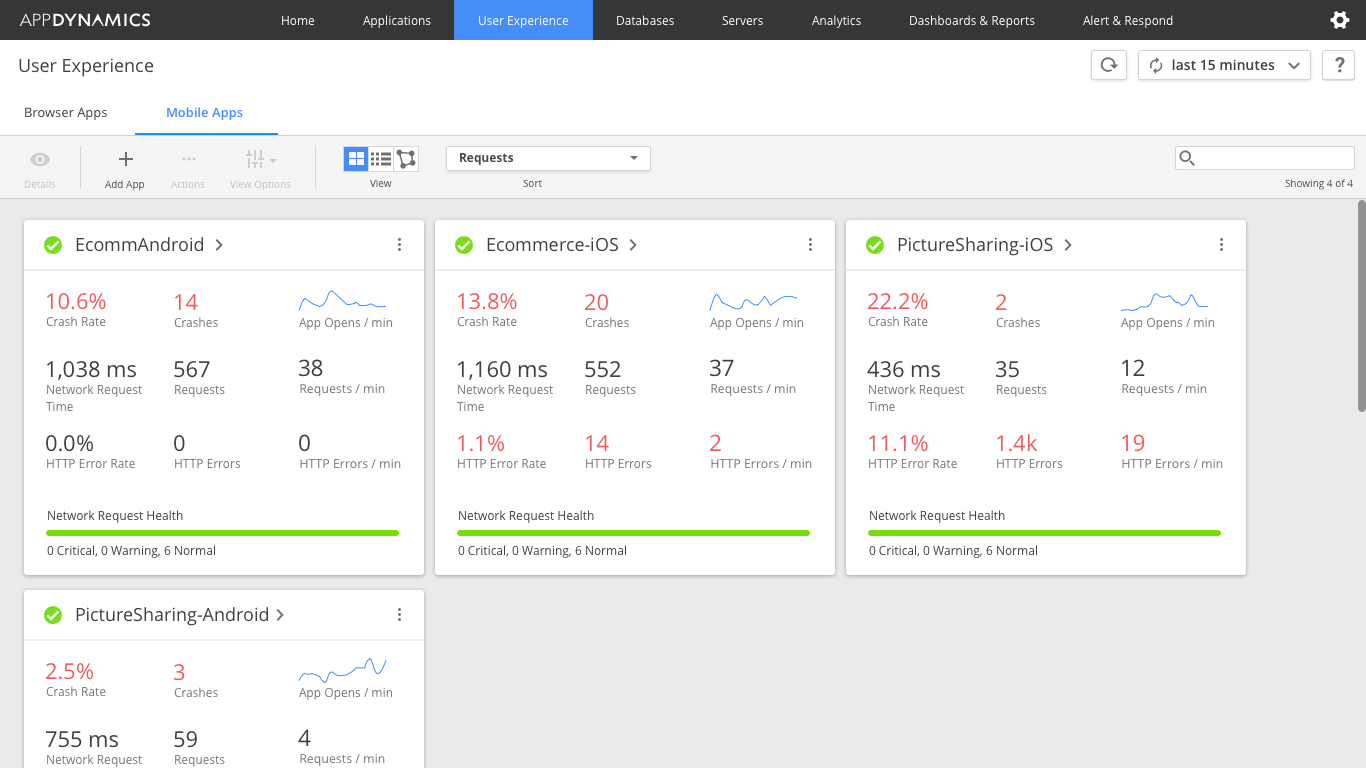When creating an application, developers think about user experience, architecture and performance. But what about liability? Most terms of use, which most end users merely click through to get to their new application, provide some form of liability waiver, according to James Grimmelmann, associate professor at New York Law School.
“Developers will always have end users waive rights in a service,” he said, adding that even open-source licenses do not have warranty clauses. People assume some risk, he said, when using software applications; however, as software becomes more integrated in applications and in our daily lives, this could change.
Grimmelmann said that end users will begin to challenge these terms of service in the court system and, perhaps, the user agreements will hold up. Eventually, software developers will not be able to write off all liabilities. He explained that product manufacturers can write off some liabilities, but others cannot be written off.
For example, he said, if a lawnmower malfunctions and hurts someone, that liability cannot be written off in a user agreement. Most companies include a limited liability clause, or something that states the company is only responsible for the cost of bringing the case to arbitration, so that the company will know from the beginning how much it could potentially lose should such a case be won by an end user.
Ultimately, Grimmelmann advised that developers have attorneys review their user agreements in order to ensure that they are protected.
Wallace McClure, lead consultant of Scalable Development, said that while developers do carry a limited amount of liability insurance, there will be more instances where this could be an issue in the coming years.
GPS-enabled applications
Mobile phones in cars are hazardous; several states have laws prohibiting texting and driving, but no one has gone so far as to limit phone use in general. GPS and maps on smartphones can calculate how fast a person or car is moving. McClure suggested that perhaps these devices will be required to “turn off” at a certain speed in the future, in which case if a developer did not make the provision for this to occur, he or she could be liable for an accident that occurs.
Siri and other voice-recognition services
Services that require you to speak—and correct—your commands require a lot of attention. These applications could also be required to slow down when detecting that a device is moving too quickly.
Non-essential applications
Laws requiring hands-free usage of phones don’t necessarily state that end users can’t use other applications, like Facebook and Twitter, while driving. McClure questioned these as well. He said that perhaps these will be required to turn off when the user travels at a certain speed, but that isn’t necessarily the responsibility of the developer and more so of the handset provider.
McClure said no matter what the issue, these will eventually “play out in the courts.”





